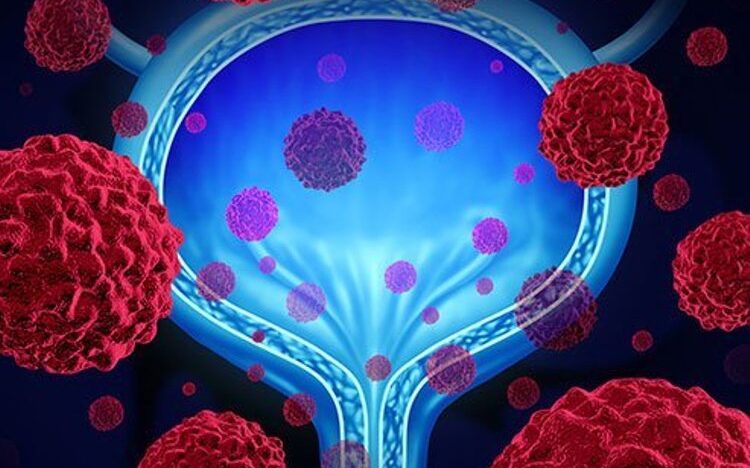Bladder cancer is highly treatable given its diagnosis at early stages. One way to diagnose this tumor is the presence of blood in your urine (hematuria), done in a process called urinanalysis. Sometimes there may be enough blood to change the colour of the urine to orange, pink, or dark red, which is a rare case.
The common cause could be smoking. People who smoke are at least 3 times as likely to get bladder tumors as people who don’t.
BLADDER TUMOR
SYMPTOMS OF BLADDER TUMOR
• Having to urinate more often than usual
• Pain or burning during urination
• Feeling as if you need to go right away, even when your bladder isn’t full
• Having difficulty urinating or a weak urine stream
• Having to get up many times during the night to urinate
These symptoms may be the reason for urinary tract infection, BPH, bladder stones etc., Therefore, it is important to check with your doctor before coming to conclusions such as it being cancer.
BLADDER CANCER TREATMENTS AVAILABLE WITH US:
1.Radical cystectomy (Robotic/ Open):
Cystectomy is a surgery to remove the urinary bladder. In men, removing the entire bladder (radical cystectomy) typically includes removal of the prostate and seminal vesicles. In women, radical cystectomy also involves removal of the uterus, ovaries and part of the vagina.
You may need to stay in the hospital for up to five or six days after surgery. This time is required so that your body can recover from the surgery.
A radical cystectomy is considered major surgery and at least 20% of patients have complications as a result, regardless of approach.
The most effective treatment for muscle-invasive bladder cancer is radical cystectomy combined with pelvic lymph node dissection. Studies in Western countries have reported 5-year survival rates of 54.5%–68%, in bladder cancer patients who underwent radical cystectomy.
It takes approximately 6 weeks for the surgical area to heal completely. Please do not do any heavy lifting, strenuous exercises, or excessive stair climbing during this time. You may drive a car 3 to 4 weeks after surgery if you feel well and are not taking any more prescription pain medications.
Other symptoms, (of advanced bladder cancer).
• Being unable to urinate
• Lower back pain on one side
• Loss of appetite and weight loss
• Feeling tired or weak
• Swelling in the feet
• Bone pain
After diagnosing cancer, there are some tests that are done to find the stage of your cancer or if it is spreading throughout your body.
These commonly include:
• CT Scan
• MRI
• PET Scan
• Chest X ray
• Bones Scan


